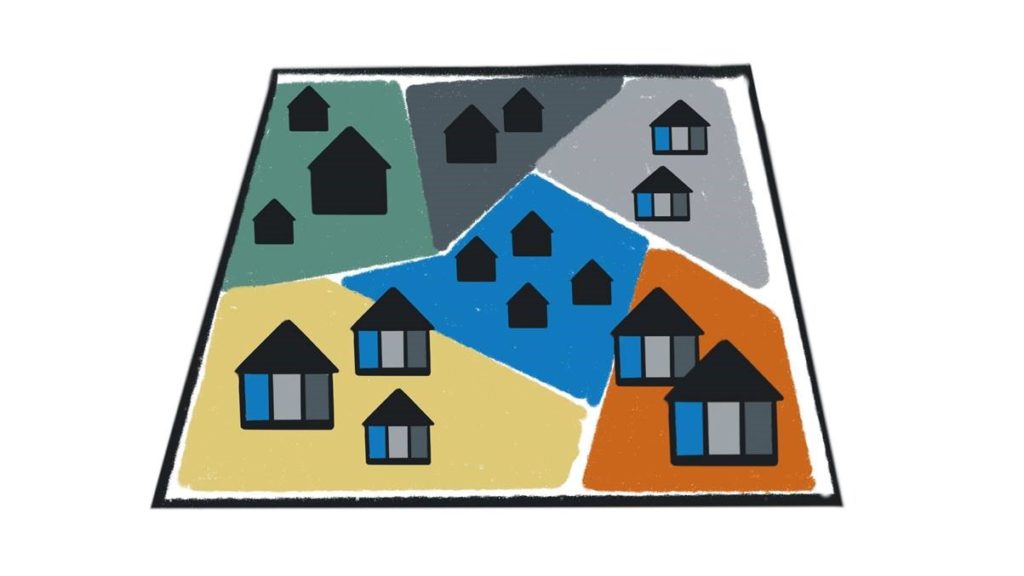Housing supply is constrained, particularly in dense core urban areas across the US [1]. Supply simply cannot keep up with demand. The lack of national wage growth combined with the student debt crisis simply makes rents unaffordable for many tenants. Yet, the way we live is changing – more and more people are moving to urban areas in search of work, education, etc. faster and with less savings. Today, 82% of North Americans live in urban areas and that number is expected to increase to 86% by 2040 [2]. This urban migration trend is only exacerbating the bifurcation between supply and demand. If demand growth continues to decouple from supply growth even further, rents will only continue to increase and the affordability crisis will only get worse.
So, what can be done to solve the housing gap? Cities need to get creative. One solution is repurposing existing idle housing stock originally built for previous generations and transform them to serve Millennials and how they live today. For example, many single-family homes were built in an age when couples were having larger families. Today, many of those traditional homes are too big or simply too expensive for newer, younger families. As a result, there are opportunities to transform idle single-family homes into multi-income properties renting each room out individually. This provides a quick and efficient, yet reasonable, solution to the urban housing affordability crisis and creates a win-win-win situation for all stakeholders involved. Cities benefit because repurposing existing, idle SFR supply brings new supply online quickly, helping lower income tenants find more affordable housing. In addition, this solution helps prevent accumulated deferred maintenance (ie dilapidated buildings) on historically underutilized or vacant single-family properties. Second, landlords benefit because they will generate more revenue from the “sum of the parts” and reduce costs by outsourcing property management. Third, and definitely not least, tenants benefit with access to more affordable, lower rents.
Who will enable the repurposing and management of these buildings? Startups! For example, companies such as Bungalow act as intermediaries between single-family home landlords and individual tenants. Bungalow signs multi-year master leases with landlords, furnishes common areas, signs sub leases with individual tenants and manages the property on behalf of the landlord (and tenant).
What challenges exist? Many single-family homes reside in regulated “residential zones” making it illegal to build or operate any assets other than traditional single family residences. More specifically, 75% of all residential land in the United States is zoned only for single family use [3]. As a result, city planning departments pose a potential threat to repurposing existing idle supply because cities want landlords to obey the existing tax code (often not conducive to new models) and pay their fair share. Neighbors of transformed single family properties are skeptical as well, typically concerned with increased noise, foot traffic, etc which could potentially have negative impacts on surrounding property valuations. Thus, it is imperative for startups to work with neighborhood housing associations and city planning departments, educating them on the benefits of repurposing idle single-family housing stock and getting their “blessing” prior to expanding into new markets. Once city planning departments and neighborhood housing associations understand this new paradigm as well as its many benefits (quick affordable housing supply as well as valuation preservation preventing accumulated deferred maintenance), it should hopefully alleviate concerns and pave a safe path forward.

City planning departments and neighborhood groups across the US are already making changes. In December 2018, the Minneapolis City Council voted to end single family zoning citywide [4]. Oregon legislature is considering a law that will end zoning exclusively for single family homes in most of the state. California law makers have drafted a bill that will effectively do the same. Zoning plays an important role in land-use regulations for the common good of communities like ensuring that neighborhoods don’t have more residents than the sewers can handle. However, the affordability crisis is reaching a breaking point and something has to give. In 2019, we’re still abiding by housing zone standards that were created by the 1926 Supreme Court. That was before the Great Depression! So, it’s great to finally see local governments updating age old housing codes to help address the housing needs of today, ultimately creating big opportunities for PropTech startups to more intelligently balance supply and demand.
[1] https://www.freddiemac.com/research/insight/20181205_major_challenge_to_u.s._housing_supply.page?
[2] httpss://www.pwc.co.uk/issues/megatrends/rapid-urbanisation.html
[3] httpss://www.nytimes.com/interactive/2019/06/18/upshot/cities-across-america-question-single-family-zoning.html
[4] httpss://www.nytimes.com/interactive/2019/06/18/upshot/cities-across-america-question-single-family-zoning.html

